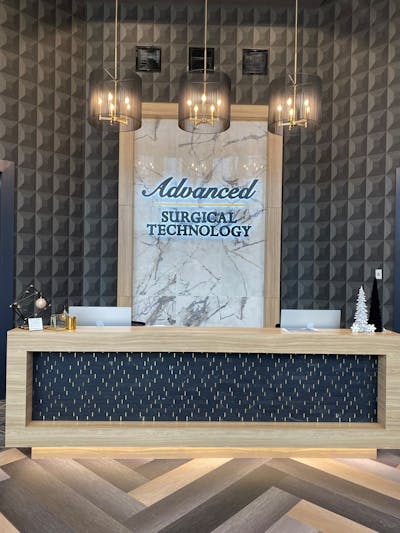Over the past decade, Medicare and many other insurance carriers have recognized the importance of genetic testing for patients with higher risk and who may inherit certain diseases such as breast cancer.
Genetic Testing at Advanced Surgical Technology
Many women are aware of BRCA1 and BRCA2 genetic mutations. However, modern gene testing encompasses a panel of more than 23 known mutations, which have been linked to an increased risk of breast cancer.
Anyone with a first-degree relative diagnosed with breast cancer at a relatively young age should consider having genetic testing done. If you have more than one first-degree relative with a breast cancer diagnosis, you should see a breast specialist for genetic testing, as your risk is significantly higher.
What Other Cancers Should Be Looked For?
Other cancers besides breast cancer imply an increased risk of having a genetic mutation, including:
- A personal or family history of melanoma
- A family history of pancreatic cancer
- A personal or family history of ovarian cancer
Discussing your family history with your breast care specialist is appropriate and necessary.

What to Do With a Known Genetic Mutation
Women with a known genetic mutation that puts them at an increased risk of developing breast cancer in their lifetime enroll in a surveillance program, which includes a mammogram alternating with an MRI every six months. A yearly clinical breast exam is also necessary.
Many women choose to have a bilateral prophylactic mastectomy with immediate reconstruction, significantly reducing their risk. However, other treatment and surveillance strategies are less aggressive. Each patient’s treatment plan should be developed with care over time. You should never feel rushed to make such an important decision regarding your health.
Other Risk Factors
We know some patients are more likely to develop breast cancer despite no identified germline mutation on genetic testing. An online tool can calculate your risk: Tyrer-Cusick or IBIS. You should be able to do this anonymously. If your lifetime risk exceeds 20%, you must see a breast care specialist and enroll in a high-risk surveillance program.
Dense breast tissue is another known risk factor for developing breast cancer, as noted in mammography. There are likely two reasons for this, including having more ducts and nodules in a given breast area. It is also important to note that dense breast tissue can make it difficult to get an accurate breast image during a mammogram. Breast density is unrelated to breast size.



